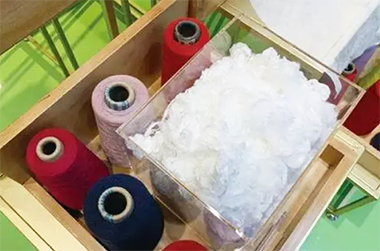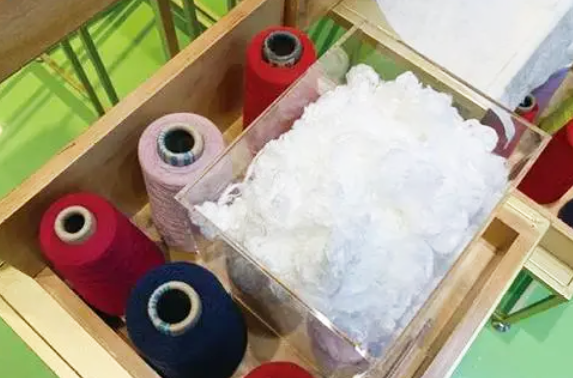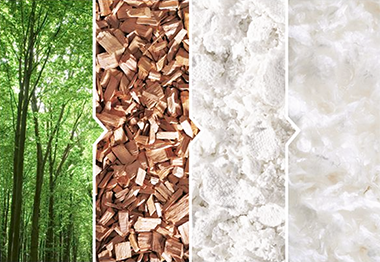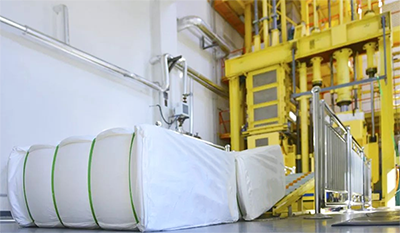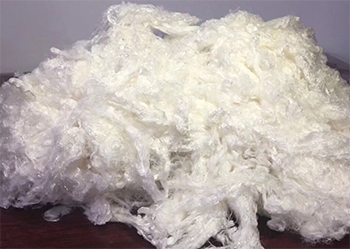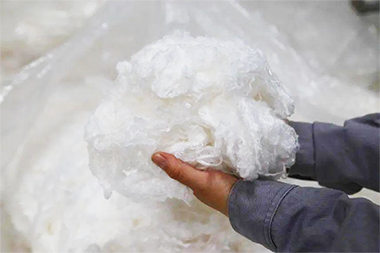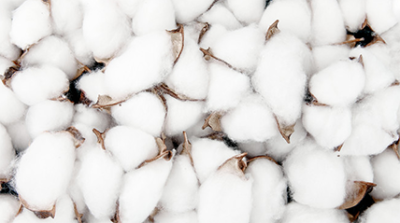Tencel Lyocell Fibre
Tencel, scientifically known as Lyocell fiber, is extracted from trees, made from wood pulp cellulose and produced using an organic, sustainable solvent spinning process. In the production of Lyocell's solvent spinning process, the recovery rate is as high as 99.5%, so there are very few by-products, and the process is 100% organic, this closed production method has won the "European Environmental Award" for Lyocell fiber, known as one of the most valuable textile fabrics in the past half century.
Advantages of Tencel (Lyocell fiber) :
1. It is eco-friendly, degradable and belongs to green fiber.
2. Good air permeability and moisture absorption, pure cotton permeability between 200-500, and tensilk can reach 1500, moisture regain is 4% higher than pure cotton, so the moisture absorption is better, so it is especially suitable for summer.
3. Soft and smooth, the surface roughness of pure cotton is 3.46, while the surface roughness of tencel is only 0.628, so tencel has good luster, soft and elegant, and good drape.
4. It is not easy to shrink, because the rigidity of wood fiber is strong, so the shrinkage rate of washing is small.
Disadvantages of Tencel (Lyocell fiber) :
1. Tencel fabric is sensitive to temperature, and it is easy to harden in a hot and humid environment, so it should not be exposed to the sun in a dry and ventilated place after washing.
2. Easy to wrinkle, because the fiber elasticity is poor, easy to wrinkle, so do not rub hard when cleaning.
3. Easy to pilling, because the fiber cross-section is uniform, but the combination between the fibril is weak and not elastic, such as mechanical friction, the outer layer of the fiber will be broken, forming a length of about 1 to 4 microns of pilose, especially in the wet state, more likely to produce, in serious cases will be tangled into cotton granules. For example, the friction of men's hair is easy to pilling, and it is also easier to rub and clean after a long time.
Related News
Submitted successfully
We will contact you as soon as possible
